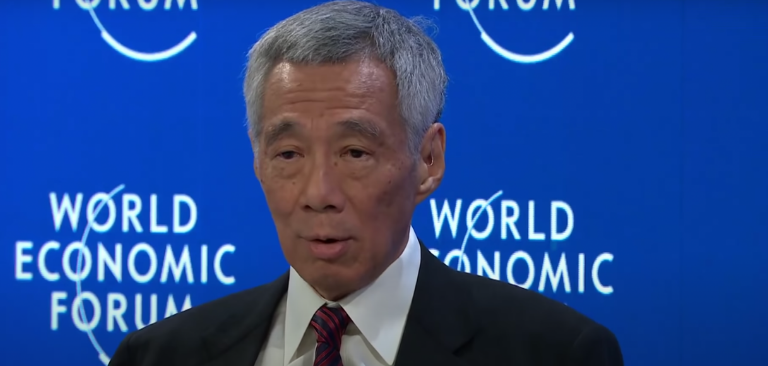The Singaporean Prime Minister, Lee Hsien Loong, won a defamation case against a rival politician for simply linking to an article on Facebook that accused him of helping the former Malaysian Prime Minister Najib Razak in money laundering.
Lee is now going to receive S$133,000, which equals to nearly $100,000, in damages and aggravated damages.
Justice Aedit Abdullah gave his final verdict against the Facebook user Leong Sze Hian of the Peoples Voice party. According to the judge, the article was shared “without making any enquiries as to its truth whatsoever (and displayed) reckless disregard of whether the article was true or not.”
Justice Abdullah further stated that the activity by Leong was to be considered defamatory as the article he shared accused Lee’s involvement in “serious and dishonest criminal activity.”
Leong simply shared the article on his Facebook page without adding any caption or any comment whatsoever. Over forty reactions were made to the post and, three days later, he was asked to take the post down by the Infocomm Media Development Authority.
Suing local individuals and media houses is a common practice for Lee and other senior figures in the Singaporean political landscape. In most cases, online criticism ends up attracting lawsuits and hefty fines.
The case involving Leong and Lee was of great relevance in Singapore, as the Judge essentially explained as to how the defamation law in Singapore works in conjecture with the fake news law called Protection from Online Falsehoods and Manipulation Act (POFMA).
The “fake news” law essentially allows the Singaporean government to control news and information in the country. Because whenever any online posting is deemed false by POFMA, a disclaimer must be immediately attached.
Leong’s lawyers argued that defamation may not be the case if POFMA could have been applied in the first instance.
“The POFMA does not provide individuals with any right or cause of action arising from a false and defamatory allegation against them. This is a key distinction,” said Justice Abdullah.
POFMA applies to falsehoods; but when damage to the public’s confidence in the government is concerned, the defamation law applies, reported Channel News Asia reported on the Judge’s explanation.













